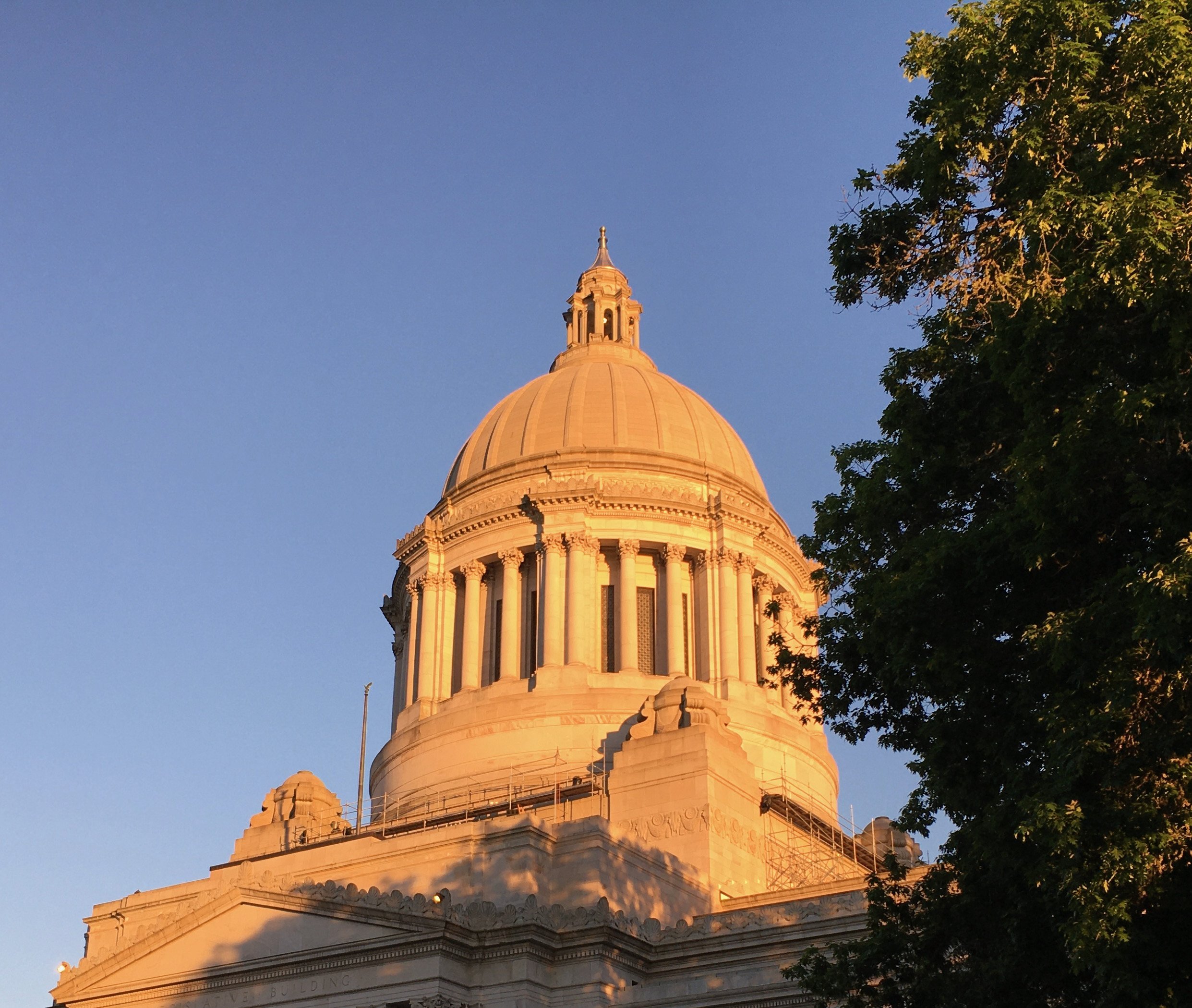
Video Resources
Open Government
Your Guide to Access
Citizens can control their government only if they remain informed about the decisions their government officials are making. That important principle underlies Washington’s open public records and meetings laws.
These laws are based on three important principles:
1. The people of this state do not yield their sovereignty to the agencies that serve them.
2. The people, in delegating authority, do not give their public servants the right to decide what is good for the people to know and what is not good for them to know.
3. The people insist on remaining informed so that they may maintain control over the instruments that they have created.
These are simple, almost sacred concepts for our political system that emphasizes participatory democracy. It works only if you remain an engaging participant. The Washington Coalition for Open Government has created this self-guided information tableau to assist the public in retaining access to the public agencies, individuals and institutions that serve them.
The Public’s Right To Know
Public engagement with Washington’s Open Records and Open Meetings laws is essential to make these premises function.
Remember these words?
“We hold these truths to be self-evident . . .”
… and onward flow the words to our country’s Declaration of Independence.
Self-evident doesn’t mean, in practice, what is intended, however.
The “truth” about our federal secrecy policies and the agencies that run and rule them, remains obscure or hidden.
“Truth” isn’t always abundantly self-evident when we listen to recordings of our city council meetings,
“Truth” tends to wander when local and state government agencies and employees become tentative or reluctant to share information with the public they serve.
Yet government in our Washington State has limits to what may or may not be shared with the public. Legal limits. Limits defined and practiced by most public agencies, but too often misapplied by those who are ignorant of the rules, or are directed by supervising officers bent on limiting accessibility to information for a number of undefined reasons: information is embarrassing; information belongs to “them” and not those they serve; information withheld could harm individuals or works-in-progress, are examples for reluctant disclosures or outright refusal.
Washington’s laws defining accessibility to information held or created by our governments remain a model for other states. While narrowly construed in their statutes of origin, today those laws have become less precise, and now allow government more latitude in sharing information affecting the public.
Our Washington State Open Public Meetings Act was established by our Legislature in 1971. It has endured despite many amendments over its more than 40-year history.
The Pubic Records Act, which allows public access to government records, was approved by our Legislature in 2006, but had its roots implanted by a popular vote of the people in 1972 under the Public Disclosure Act. While enduring in principle, the original act posed just 10 exemptions. Today, nearly 500 exemptions to records disclosure are spread not only across the new, revised 2006 act, but in other state statutes as well. Public records may be accessible, but on a more limited basis than the 1972 act envisioned.
There are other legal limits to the public’s ability to access its government’s records and meetings. It would take an encyclopedic volume to detail them all here, so instead our Washington Coalition for Open Government is offering summary explanations of the major access issues in the subsequent sections of our information program. This is an invitation to you to become better informed about your right and responsibility to understand the laws that affect and limit access to your government actions and records.
Public engagement is critical to assure such accountability. We have no “Truth” cops in this state; no police force to respond to our complaints about the “breaking of our information laws.” Such remedies, when we can afford them, are in our courts; they are or should be in the hands of our elected legislators as well.
But, then, the institutions for remedial action are themselves created by the public they are sworn to serve. They, too, have their own challenges for accountable actions.
The subsequent video segments summarize our access laws, their effectiveness, and how they affect you. You’re invited at each page to offer comments, to submit questions or to ask for assistance in dealing with government transparency issues. We welcome all.
Also below are links to a variety of websites devoted to government access issues. They serve to inform and offer a wealth of detailed information and explanations about state and federal laws related to government transparency.
